Guest post by Brian J. Phillips

President Obama has repeatedly said the goal of airstrikes against ISIS is to “degrade and ultimately destroy” it. Can the group be destroyed? And what tactics are most likely to degrade it?
A number of studies look at why some terrorist groups endure while others fall apart, and this research can help us better understand the likely fate of ISIS.
Destroying ISIS is unlikely to occur. During the past several decades, the most resilient terrorist groups have been those that have religious motivations, operate transnationally, and have many members. This bodes well for ISIS.
In general, terrorist groups are not often destroyed. A RAND study of all terrorist groups since 1968 finds that of the 263 that “ended,” only 20 ended as a result of military force. Policing is more effective, but difficult to conduct internationally.
Given that destruction is unlikely, what tactics could be used to degrade ISIS?
Capturing or killing the leader of ISIS, Abu Bakr al-Baghdadi, could reduce the group’s capabilities. Leadership removal is especially effective on hierarchical groups, and the structure of ISIS is still the source of debate, but al-Baghdadi is known as a charismatic and influential leader. His removal could disrupt operations, and sap the group’s morale and mobilization efforts.
Funding can make or break terrorist groups, as they seek to organize members and plan attacks. ISIS pays members and provides community services, so disrupting its ability to do so would reduce its power. Unlike other groups, ISIS does not seem to rely on foreign sponsors. However, its control of oil and water, as well as other funding sources, has brought in substantial revenue. If the US-led coalition is successful in freezing assets, reducing income flows within Iraq and Syria, and disrupting the group’s oil sales, this could be consequential.
ISIS’s financial ties are important, but operational ties between terrorist groups also contribute to group endurance. It is not clear that ISIS has many allies, but al-Qaeda increased its abilities and influence over the years through alliances and franchising, in spite of or because of pressure on its central branch. To prevent similar growth by ISIS, intelligence services should attempt to disrupt cooperation between ISIS and other groups.
What tactics are less likely to succeed against ISIS?
The current coalition strategy relies heavily on airstrikes. As complementary tactics are introduced, it might be beneficial to use aerial attacks less. Research on Afghanistan suggests that airstrikes are prone to backfire, leading to increased attacks from the targeted group.
Another approach that should be used with caution is encouraging other militant groups to fight ISIS. Arming the “moderate” Syrian rebels to fight ISIS could weaken or at least distract ISIS, but it could also lead to unintended consequences.
My own research suggests that fighting between terrorist groups very rarely destroys an involved group, and in many cases contributes to group longevity – through encouraging innovation, inspiring mobilization, and disrupting potential peace talks. Additionally, competition between groups often leads to more and different types of violence through outbidding.
In general, military solutions are unlikely to succeed on their own. Studies of previous counterterrorism and counterinsurgency efforts, including those in Iraq, indicate that winning hearts and minds of potential supporters of the group is crucial. Pure force, trying to crush the enemy, is not often successful. It was recently stated in this blog that beyond military strategy, a political strategy will be needed as well.
Overall, weakening ISIS is possible, and research suggests some strategies are more likely to find success than others.
Brian J. Phillips is a professor at the Center for Research and Teaching in Economics (CIDE) in Mexico City. His research focuses on the causes and consequences of sub-national political violence.


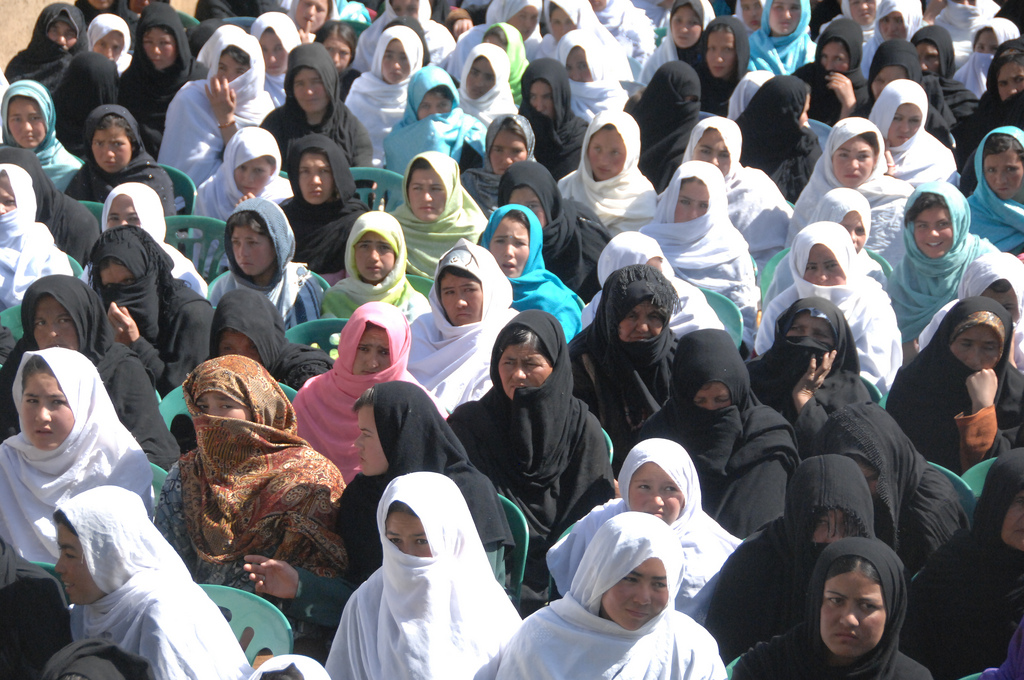
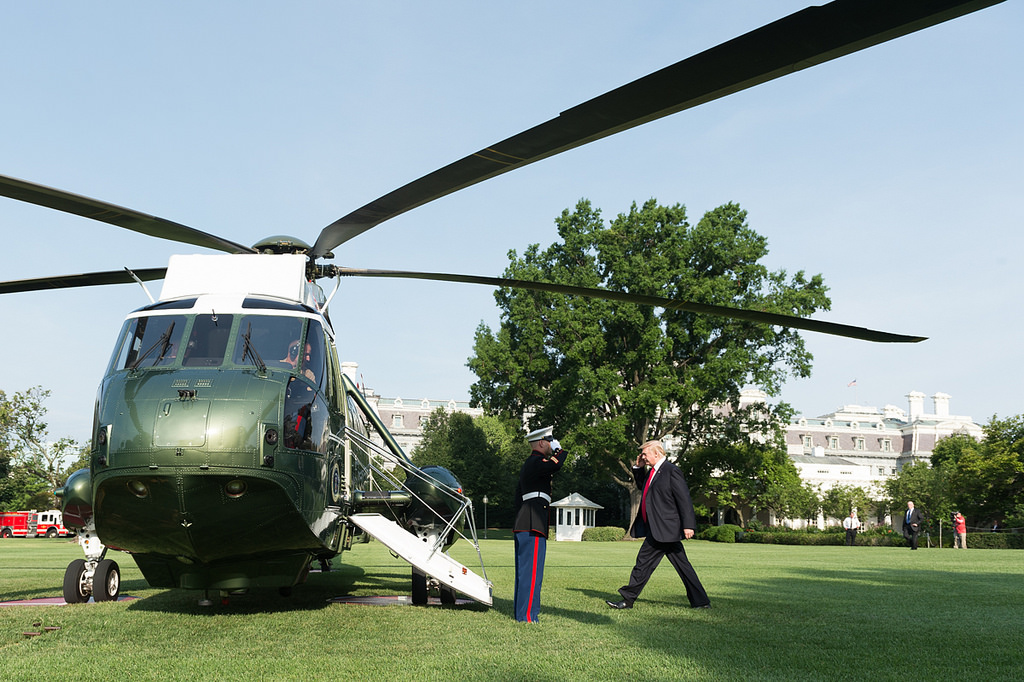
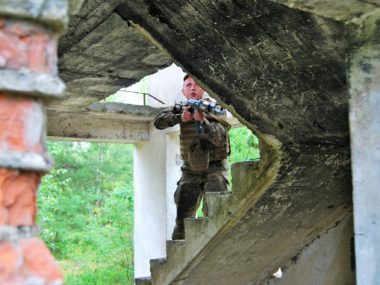

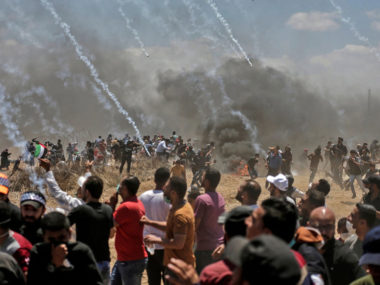
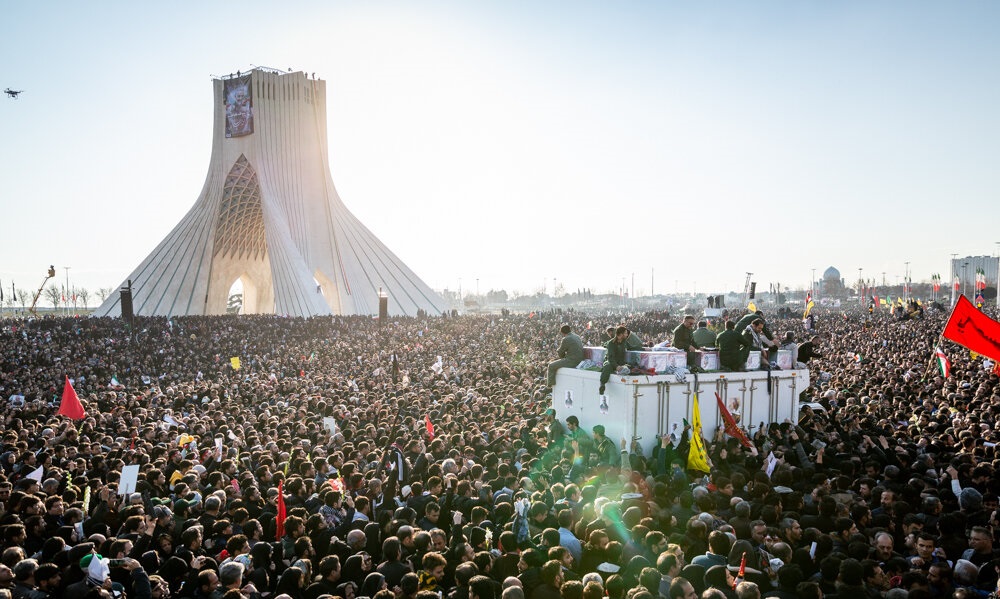
13 comments
This article assumes that the US actually wants to get rid of the Islamic State. However, the existence and deeds of the Islamic State are fully in accord with US ruling-class aims and strategies. A major project of the US r.c. has been control of Middle Eastern oil, which it took over from the British after World War 2. The pursuit of this project has lately involved the US in a series of wars of which its people have grown weary, so much so that an attempt to get a new intervention going in Syria on the usual dubious grounds was actually rejected in Congress. Something had to be done. Miraculously, a new threat, well-equipped, well-funded, and well-trained, miraculously appeared in the desert to threaten everyone. Who put up the money, the equipment, and the troops? We are not told. Now the US leadership has no trouble getting Congress to go along with yet another intervention. Who has benefited? Why should they degrade or destroy the means of that benefit?
Certainly it’s miraculous. That is, if you deliberately ignore all the evidence of literally years of the Syrian civil war that is very well documented that shows exactly how the organization reversed its decline (which was caused by Iraq and the United States for your information).
This article seems to have one specific problem. It still considers the IS to be a terrorist group. By this point, in size and tactics, it is more properly considered a guerrilla army. It might be brutal, but so are many other guerrillas.
Point taken, eg, the behavior of the FARC is likely to be different from the behavior of the Weather Underground. However, most of the studies referred to in the post use a broad definition of “terrorist group,” including groups like the FARC, which use both terrrorism and guerrilla warfare. So the general conclusions probably apply.
In my opinion, using a broad definition of terrorism in this context makes sense. I wrote a little article on the subject, with the title “What is a Terrorist Group?” Luis de la Calle has written a number of things as well. But I certainly agree that taking these things into consideration is important. Thanks for the comment.
Nicely done. I would only add that in the case of ISIS a military strategy is more likely to succeed than against average terrorist group because ISIS relies on more or less conventional military tactics. They also are not making a lot of friends with their hearts-minds (or is it heads-minds) strategy. We need to deny them land control (I guess that goes under policing) and to protect civilians. I have no idea how POTUS & Pentagon plan to succeed without this, and how this can be accomplished without ground troops. I do not have much faith in “regional allies” when it comes to things like this.
Thanks! I very much agree. It’s unclear how a counterinsurgency (or whatever one wants to call it) would succeed without competent ground troops.
IT’S TIME TO IMPEACH OBAMA!
I love looking through a post that can make people think.
Also, many thanks for allowing for me to comment!